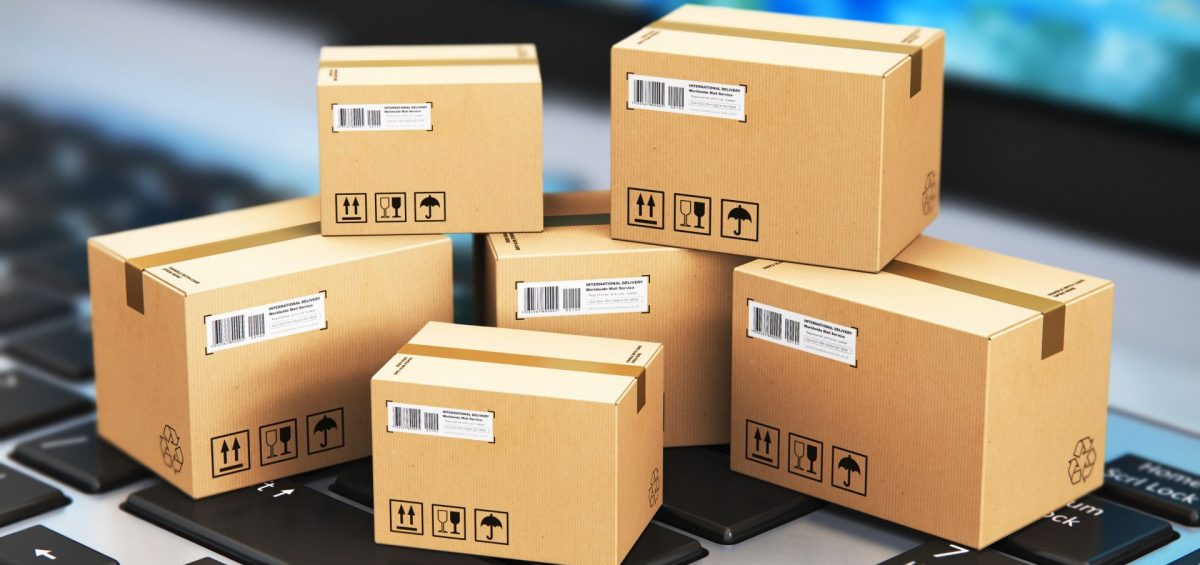As the logistics industry continues to evolve at pace, shaped by digital transformation, global uncertainty, and rising customer expectations, the role of logistics leaders is more critical than ever. It’s no longer enough to simply manage operations efficiently. Today’s logistics leaders must be agile, commercially aware, and ready to drive strategic value across the supply chain.
Whether you’re hiring for a senior role or looking to step into leadership yourself, these are the five key skills logistics professionals need to succeed in a modern, high-performing environment.
1. Commercial Acumen
Gone are the days when logistics was viewed purely as a cost centre. Today, logistics leaders are expected to contribute directly to business performance : controlling costs, improving service levels, and supporting revenue growth through smarter, faster delivery models.
What it looks like in practice:
- Making data-led decisions that balance efficiency and customer satisfaction
- Negotiating effectively with carriers and 3PL partners
- Driving ROI through route optimisation, stock accuracy or warehouse automation
- Aligning logistics performance with wider commercial goals
Why it matters:
Leaders with strong commercial awareness are better equipped to justify investment, demonstrate impact, and speak the language of the boardroom.
2. People Leadership
Whether managing large warehouse teams, transport fleets or cross functional stakeholders, logistics leaders need exceptional people skills. The ability to motivate, coach, and retain frontline talent is just as important as managing operations on a spreadsheet.
Key competencies:
- Leading diverse, often shift-based teams
- Building a high-performance culture under pressure
- Managing labour planning and productivity
- Navigating change and communicating clearly
Why it matters:
Logistics is a people driven function. Strong leadership on the ground ensures consistency, safety and service, even during peak periods or operational challenges.
3. Adaptability and Change Management
From Brexit and global disruptions to changing delivery models and sustainability demands, the only constant in logistics is change. Leaders must be ready to adapt, and to bring their teams with them.
Signs of strength in this area:
- Responding quickly to supply chain disruption or capacity issues
- Leading warehouse or transport transformation projects
- Embedding new technologies or systems into everyday operations
- Navigating legislative changes or regulatory requirements
Why it matters:
Logistics is a fast-paced environment. Those who embrace change, rather than resist it, will help future-proof operations and maintain a competitive edge.
4. Digital and Systems Competence
Technology is transforming logistics. From warehouse management systems (WMS) and transport planning tools to real time visibility and automation, today’s leaders must understand and leverage digital tools to stay efficient and agile.
Skills in demand include:
- Experience with WMS, TMS, ERP or fleet systems
- Strong data analysis and reporting capabilities
- Ability to translate system insights into operational improvements
- Supporting the integration of robotics or automation
Why it matters:
Digitally confident leaders are better positioned to drive continuous improvement and unlock cost and efficiency gains through smarter systems use.
5. Customer Focus
Customer expectations are higher than ever, fast, flexible and transparent delivery is now the norm. Logistics leaders need to deliver operational excellence while keeping the customer at the centre of every decision.
What this involves:
- Improving OTIF (on time, in full) delivery metrics
- Working cross-functionally with sales and customer service
- Managing returns and reverse logistics with empathy and efficiency
- Creating feedback loops between operations and the customer experience
Why it matters:
In many industries, logistics is now a key brand differentiator. A customer-focused logistics leader helps strengthen loyalty and market reputation.
Logistics leadership today demands more than operational know how. The best leaders combine commercial awareness, people-first thinking, digital capability, and the agility to thrive through change: all while keeping the end customer in focus.
Whether you’re hiring your next warehouse operations manager or preparing for a logistics transformation programme, these five core skills are what separate good logistics professionals from truly great leaders.




